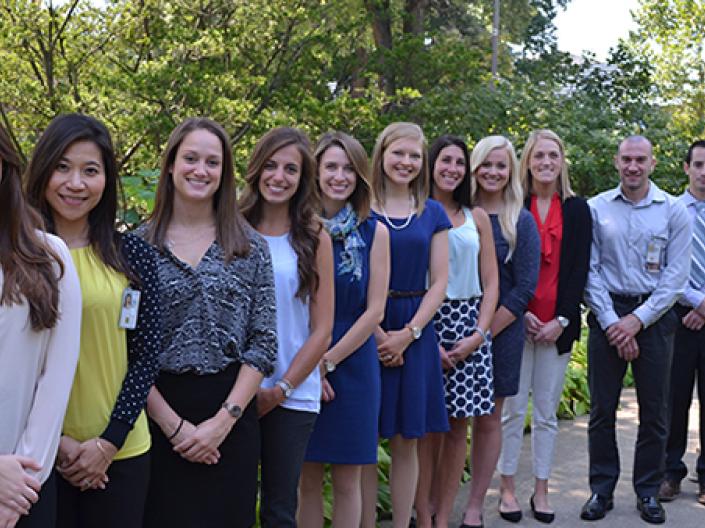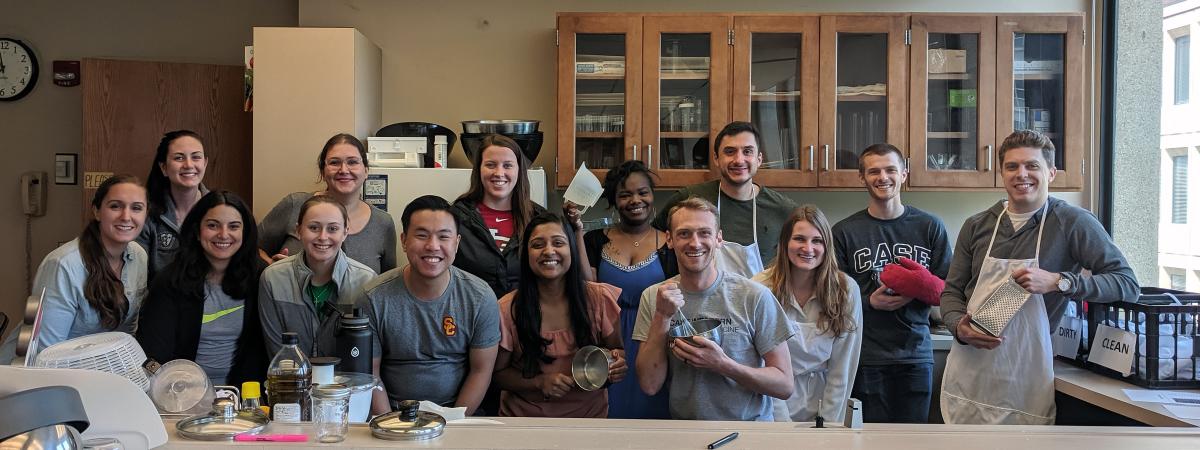The Master of Science in nutrition can be completed in one to two years depending on course load; an undergraduate degree in nutrition in not necessary. The program may be completed full- or part-time, and offers flexibility in designing a course of study based on academic and career goals.
Requirements for completion:
- 30 graduate credit hours are required including six credit hours from two required nutrition courses:
- NTRN 433-Advanced Human Nutrition I
- NTRN 434-Advanced Human Nutrition II
- At least 21 total credits from elective nutrition courses, and the remaining credits chosen from electives. For this reason, there is no one standardized curriculum for the MS in nutrition.
Prerequisite Courses
To be considered for a master's degree in nutrition, applicants must have completed the following courses prior to matriculation:
-
General Chemistry
-
Organic Chemistry
-
Biology
-
Anatomy and Physiology*
-
Statistics*
-
Biochemistry*
*These courses may be taken concurrently to the MS Nutrition coursework, but will not count toward the degree.

The MS in nutrition has been approved as the Post-baccalaureate Premedical Program by the Association of American Medical Colleges (AAMC).
The CWRU Didactic Program in Dietetics (DPD) is accredited by the Accreditation Council for Education in Nutrition and Dietetics (ACEND). The DPD is a required initial step in the education and training of dietetics professionals.
Students may simultaneously pursue the completion of requirements for bachelor's and master's degrees.

The Combined Dietetic Internship/Master’s Degree Program combines academic work with clinical practice at either of the dietetic internships.


